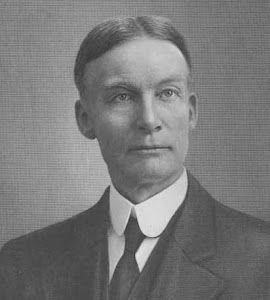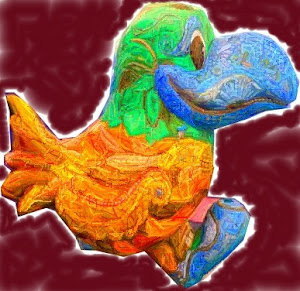Question 43: In the lecture on Structure and Agency, I described the relationship between these two forces as “dialectic.” You know it’s not “doxic” or “paradoxic.” If you got this wrong, odds are you answered “oppositional.” I can see why there’s confusion. A dialectic relationship is oppositional to a point (in its original Hegelian formulation: thesis + antithesis = synthesis). The reason why it’s better to think of structure/agency as dialectical rather than oppositional is because the capacity for agency depends on social structural arrangements. Likewise, through the exercise of human agency, we can alter social structures. There’s a back and forth quality to this (admittedly abstract) relationship. The quotes from William Sewell Jr. suggest how an agent’s “schema” (or worldview) depends on resources (a specific social structural relationship in the economy, law, etc.). I’ll admit that the question was a bit unfair given the close semantic relationship between “dialectic” and “oppositional,” but good job to those who answered “dialectic.”
Question 33: “A convenience store clerk who suddenly wins $23 million dollars in the lottery. Where would Bourdieu place this person on the following map of social space?” I thought this would be an easy one. Upon reflection, I think students over-thought it, or it relied on (unshared) assumptions about occupations. Convenience store clerks (like Apu from The Simpsons) start with low cultural and economic capital, but the lottery winning will increase the individual’s economic capital (but not necessarily their cultural capital). The correct answer was B – low cultural capital / high economic capital.
Question 48: “All of following emerged as opponents of the People Temple EXCEPT” This question was definitely detail-oriented and (arguably) nit-picky. The correct answer is Annie Moore, the nurse who stayed with Jones until the very end. Phil Tracy and Lester Kinsolving were journalists trying to expose Jim Jones. Grace Stoen was a high-level defector who helped start “the Concerned Relatives,” and whose child was at the center of the Jonestown custody battle.



No comments:
Post a Comment